
Angl_yaz_8kl_Spotlight_Anglysky_v_fokuse
.pdf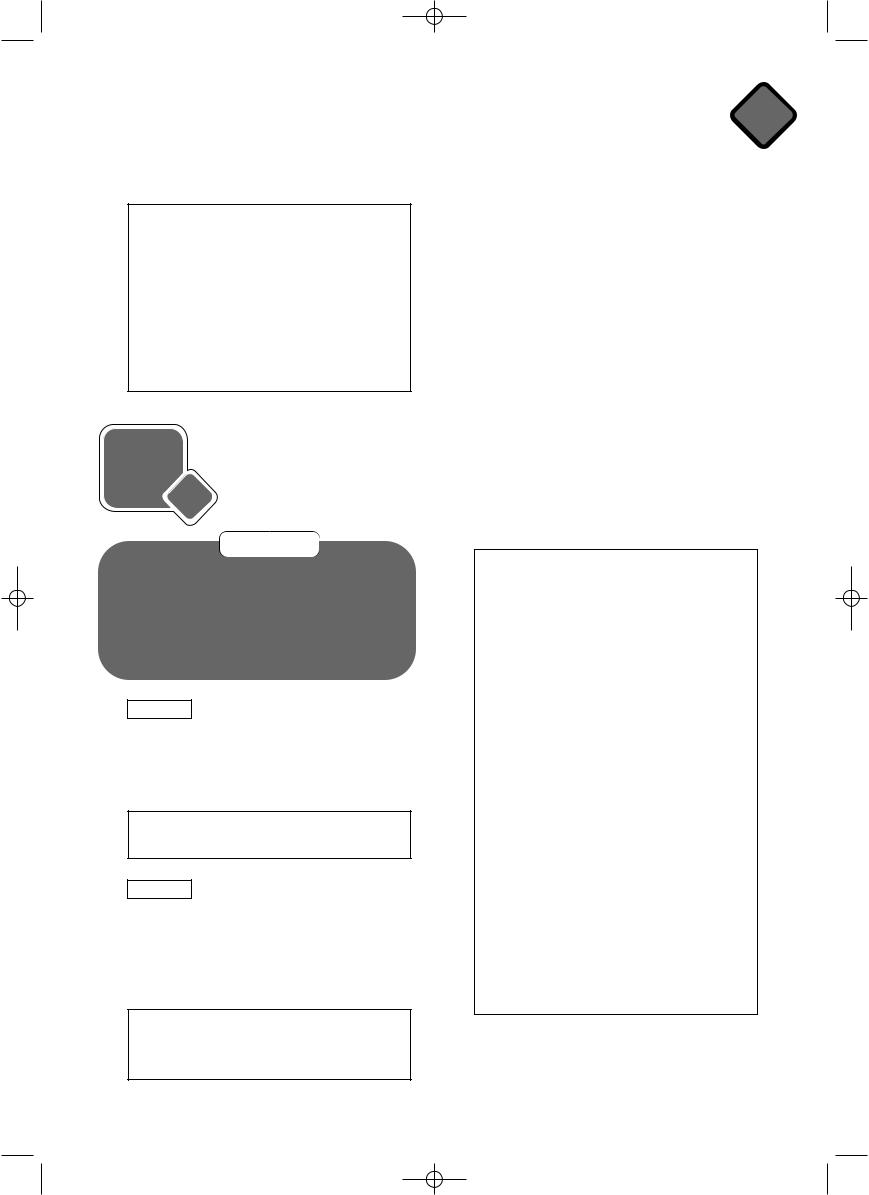
Spotlight 8 Mod 7 Ts 09-09-09 17:09 Page 121
Vocabulary & Speaking 7d
ñInvite Ss to describe to the class how paper is made and ask for feedback.
Suggested Answer Key
First, the trees are cut down and sent to the paper mill. Then, the bark is removed, the wood is chopped into small pieces and some chemicals are added. Then, it is cooked in a big pressure cooker and the paper pulp is poured into a container. The pulp is then sprayed into a large screen and the water is drained from the paper. Finally, the paper is pressed flat.
7 e Writing Skills
Objectives
Reading: understanding a rubric; reading to identify for-and against arguments; reading to identify the writer’s opinion; reading to identify topic and supporting sentences
Writing: writing supporting sentences; using linkers; writing a for-and-against essay
1Focus Introducing for-and-against essays
ñRead the Theory Box with Ss and check for understanding.
ñElicit which topic in the list is a for-and-against essay.
Answer Key
Topic C
2Focus Understanding a rubric
ñHave Ss read rubric and underline key words.
ñSs answer questions individually and compare with a partner.
ñIn pairs, Ss discuss what arguments for and against they would use in their essays.
Answer Key
Key words: class discussion, Internet, homework tool, essay, arguments for and against
1 for-and-against
2 the Internet as a homework tool
3 formal
4(Suggested Answer)
S1: What are the advantages of using the Internet as a homework tool?
S2: You can access information quickly and easily.
S1: Yes, and you can type in questions and get answers straight away.
S2: It is easier than looking through lots of books as you can use the search engine to find things for you.
S1: And often the information is presented in an interesting way, with plenty of pictures and even videos. So it’s easy to understand.
S2: Are there any disadvantages?
S1: Yes. You might get distracted and read other things on the Internet instead of doing your homework!
S2: Sometimes you find so much information that it is hard to decide what to use.
S1: And then you must be careful not to plagiarise. etc
121
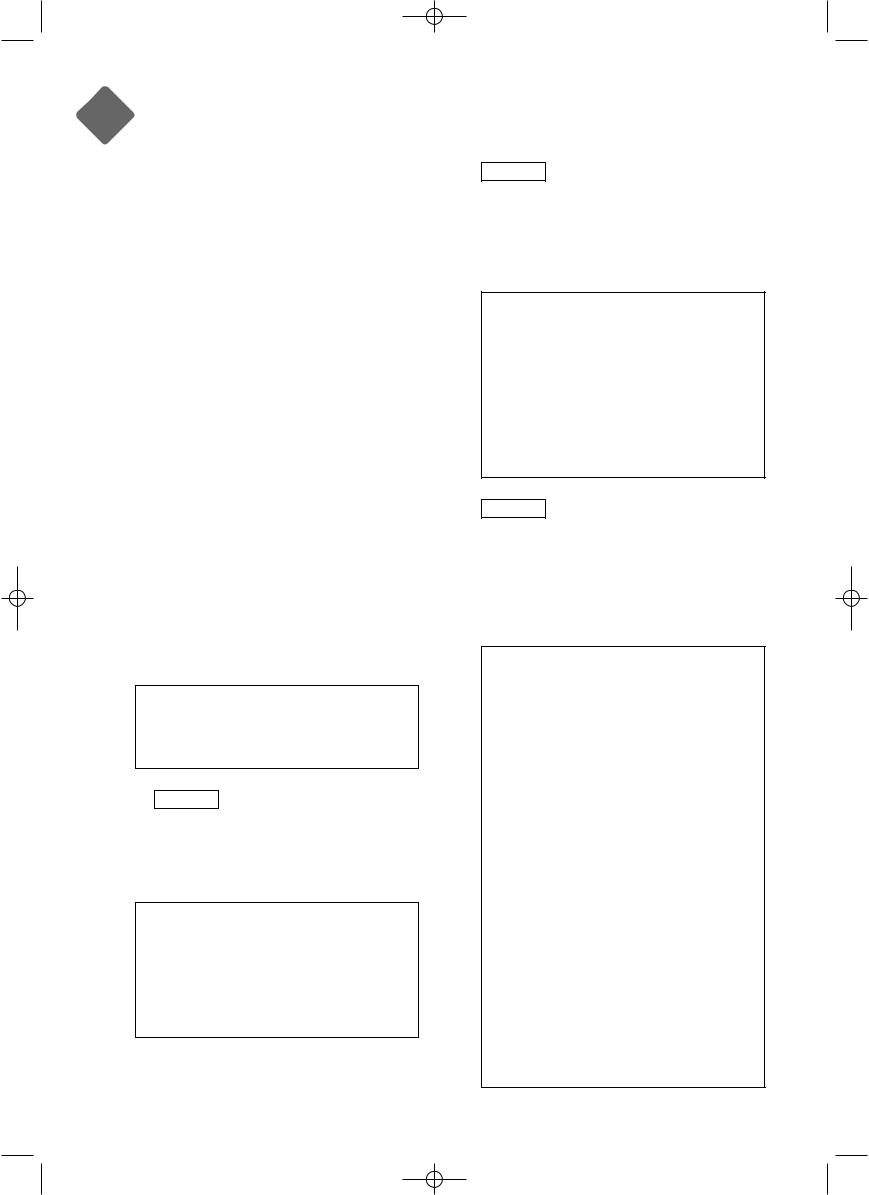
Spotlight 8 Mod 7 Ts 09-09-09 17:09 Page 122
7e |
|
|
Writing Skills |
|||
|
|
|
|
|
|
|
|
a) |
|
Understanding a for-and-against |
|||
3 |
Focus |
|||||
|
|
|
essay |
|
|
|
|
|
ñ Have Ss read essay and complete table |
||||
|
|
|
individually. |
|
|
|
|
|
ñ In pairs, Ss compare answers and check to |
||||
|
|
|
see if any of their arguments from Ex. 2 |
|||
|
|
|
question 4 were included in essay. |
|||
|
|
Answer Key |
|
|
||
|
|
|
|
|
|
|
|
|
Advantages |
Justifications/Examples |
|
||
|
|
|
|
|
|
|
|
|
A quick way to find |
Students have more free |
|
||
|
|
information |
time for other activities |
|
||
|
|
Provides a variety |
Students can read lots of |
|
||
|
|
of sources |
information and form |
|
||
|
|
|
|
|
their own opinions by |
|
|
|
|
|
|
comparing and |
|
|
|
|
|
|
contrasting ideas |
|
|
|
|
|
|
|
|
|
|
Disadvantages |
Justifications/Examples |
|
||
|
|
|
|
|
|
|
|
|
Students don’t use |
They just copy the |
|
||
|
|
their writing skills |
information which is not |
|
||
|
|
|
|
|
always well-written |
|
|
|
Some websites |
Some students may |
|
||
|
|
contain inaccurate |
include a lot of facts in |
|
||
|
|
information |
their work which are |
|
||
|
|
|
|
|
incorrect |
|
|
|
|
|
|
|
|
Suggested Answer Key
ñQuick way to find information
ñStudents might plagiarise (copy information and not write their own)
b)Focus Reading to identify the writer’s
opinion
ñElicit from Ss where and what the writer’s opinion is and ask Ss to refer to text in their answers.
Answer Key
The writer thinks that the Internet is good for helping students with their homework if used wisely. (‘a welcome and useful development’, bear ... risks in mind if we want students to get the most from the Internet.’) The final paragraph contains his opinion.
122
4Focus Understanding linkers
ñRead with Ss the table and check for understanding.
ñSs complete task individually.
ñInvite a few Ss to read out article with new linkers from the table and check.
Answer Key However ― yet
First of all ― the first advantage/Firstly Secondly ― Moreoever/In addition
For example ― For instance
However ― in spite of this/Despite this One drawback ― one disadvantage For example ― in particular
Another disadvantage ― Another point against All in all ― All things considered/In conclusion
5Focus Understanding topic and supporting
sentences
ñRead the Study Skills box with Ss and check for understanding.
ñHave Ss identify topic and supporting sentences in essay from Ex. 3.
ñElicit answers in class and discuss.
Answer Key
There is no doubt that using the Internet as a homework tool has its advantages.
(Topic sentence 1) Supporting sentences:
First of all, it is a quick way to find information. This means that students have more free time for other activities.
Secondly, the Internet provides a variety of sources. For example, students can read lots of information and form opinions by comparing and contrasting ideas.
However, there are drawbacks to using the Internet as a homework tool.
(Topic sentence 2) Supporting sentences:
One drawback is that students don’t use their writing skills. For example, they just copy the information which is not always well written. Another disadvantage is that some websites not only contain poorly written material but also inaccurate information. As a result, some students may include a lot of facts in their work which are incorrect.

Spotlight 8 Mod 7 Ts 09-09-09 17:09 Page 123
6Focus Writing supporting sentences, using
linkers
ñRead example in rubric with Ss and check for understanding.
ñIn pairs, have Ss write their supporting sentences and use linkers when possible.
ñRead out topic sentences in class and invite pairs to read out their supporting sentences.
Suggested Answer Key
2Firstly, young people can become addicted to them, spending more time than necessary talking on their mobiles and sending messages.
3The most important advantage is that we can access information quickly and easily.
4Many people argue that getting a degree means you can get a better job.
Writing
7Focus Understanding forand -against
arguments
ñRead through rubric with Ss and check for understanding.
ñSs identify for and against statements and complete matching task individually.
ñSs compare answers with a partner and check.
Suggested Answer Key
Statement 1 ― for
Statement 2 ― for
Statement 3 ― for
Statement 4 ― against
Statement 5 ― against
1 d |
2 c |
3 a |
4 b |
5 e |
8Focus Wring a for-and-against essay
ñAllow Ss time to write their essays using arguments from Ex. 7 and following the plan in the rubric. Alternatively, assign task as HW.
ñInvite Ss to read out essays to the class and ask for feedback.
Writing Skills 7e
Suggested Answer Key
Nowadays more and more people are spending time on-line and many have a personal computer at home. Thanks to the Internet, students have access to many different websites to help them learn. However, there are arguments for and against learning online.
There is no doubt that e-learning is a convenient way to learn. The first advantage is that people who normally have difficulty finding time to go to lessons can learn at home. People do not have to be in a certain place at a certain time. This means that students can save time and money on travel as they do not commute to school.
Another advantage is that students can learn at their own pace. People can choose when and for how long they want to study. As a result, learning can be more rewarding and enjoyable.
Yet, there are drawbacks to learning online. One drawback is that it can be lonely studying alone. With e-learning there is no chance to meet other people and share ideas with, so it is difficult to motivate yourself. Moreover, without a teacher to help you, you may feel lost.
However, the main disadvantage against online learning is that it depends too much on technology. Computer problems can make people miss lessons. As a result, students can fall behind.
All in all, while learning online is a welcome development, it cannot replace traditional learning at school as people need contact with others in order to learn effectively. However, students can benefit if they learn both at school and online.
123
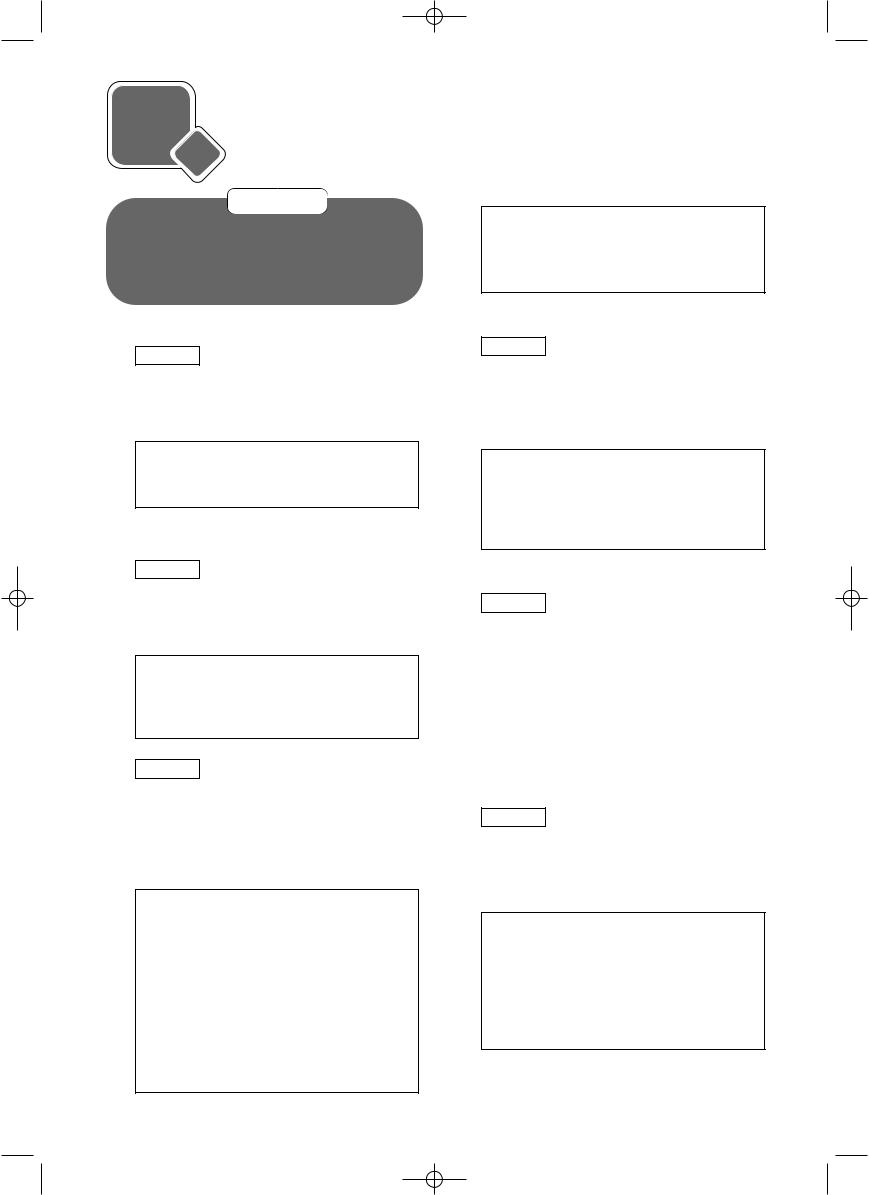
Spotlight 8 Mod 7 Ts 09-09-09 17:09 Page 124
7 f English in Use
Objectives
Vocabulary: phrasal verbs (give)
Grammar: forming compound nouns, dependent prepositions, modals
Speaking: discussing being bullied
Phrasal Verbs: give
1Focus Understanding phrasal verbs (give)
ñHave Ss complete task individually and compare answers with a partner.
ñHave Ss check meanings in appendix 1
Answer Key |
|
|
|
|
1 |
away |
3 |
out |
5 away |
2 |
up |
4 |
back |
|
Dependent Prepositions
2Focus Practising dependent prepositions
ñHave Ss complete task individually.
ñSs compare answers with a partner and check in Appendix 2.
Answer Key |
|
|
|
|
1 |
to |
4 |
from |
7 about |
2 |
for |
5 |
on |
|
3 |
about |
6 |
from |
|
3Focus Consolidating vocabulary
ñHave Ss complete task individually and check definitions in Word List.
ñSs write their own sentences with other words.
ñInvite Ss to read out their sentences in class and check.
Answer Key
1announcement 2 instructions
3 educated
4 temper
1I saw an interesting job advertisement in the newspaper yesterday.
2Mrs Brown didn’t believe the students’ explanations of what had happened in the classroom.
124
3 Mr Kerr has taught History for many years.
4I was in a very good mood when I heard that I had won the competition.
Word Formation
4Focus Forming compound nouns
ñRead the Theory Box with Ss and check for understanding.
ñHave Ss complete the task individually.
ñSs compare answers with a partner and check.
Answer Key
papercup, cupboard, newspaper, newsroom, headache, toothache, toothpaste, haircut, weekend, bedroom, bookshop, bookend, notebook, notepaper, booknote, papercup
Grammar Revision
5Focus Practising modals
ñHave Ss complete task individually
ñInvite a few Ss to read out text and check answers.
Answer Key |
|
|
|
|
|
1 |
must |
5 |
have to |
9 |
could |
2 |
can |
6 |
can |
10 |
can |
3 |
could |
7 |
might |
11 |
must |
4 |
can |
8 |
mustn’t |
|
|
|
|
|
|
|
|
6Focus Discussing (being bullied)
ñIn pairs, Ss discuss what they would do if they saw a schoolmate being bullied.
ñMonitor activity and assist as necessary.
Suggested Answer Key
If I saw a schoolmate being bullied, I would report it to a teacher or the principal. Afterwards I would probably see if I could make my schoolmate feel better and tell him or her not to worry because if it happens again, we will report it.
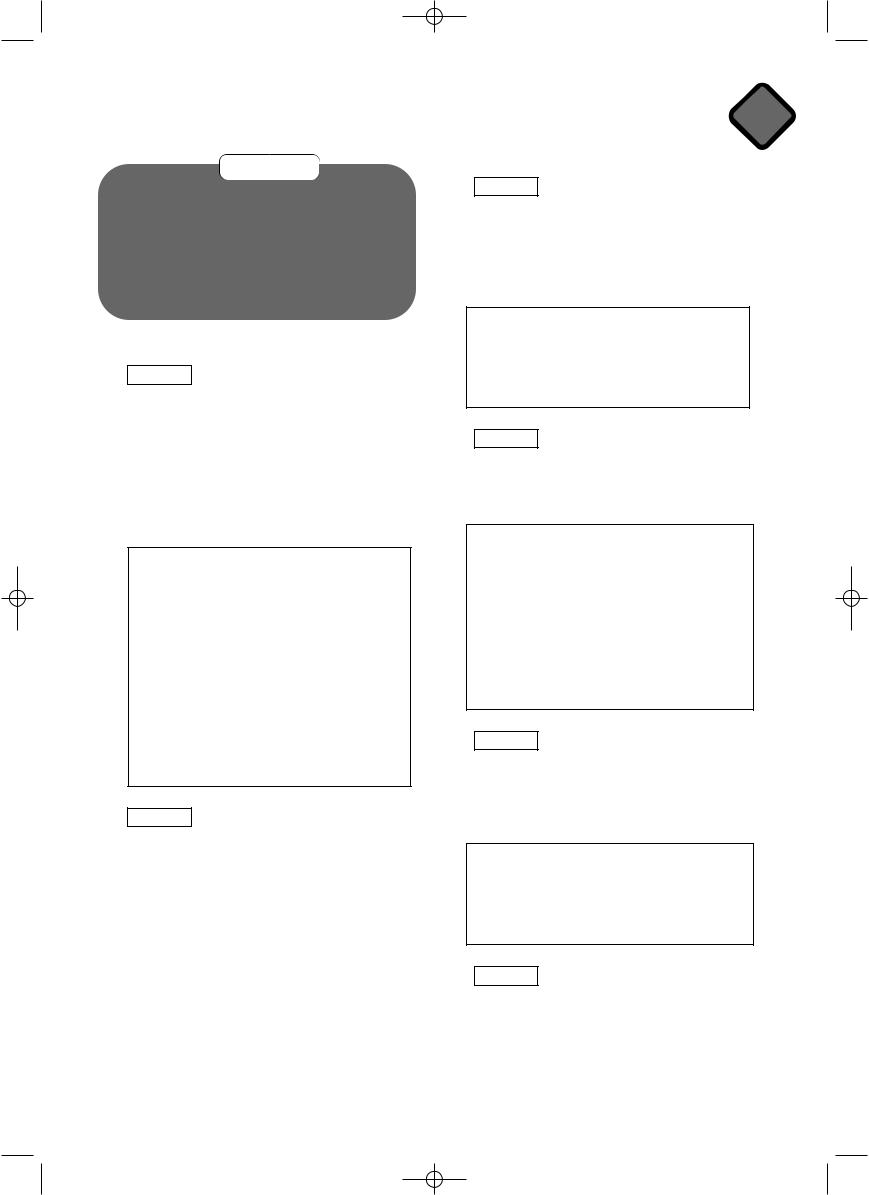
Spotlight 8 Mod 7 Ts 09-09-09 17:09 Page 125
Objectives
Reading: scanning for specific information; reading to identify missing text; reading for specific information
Speaking: discussing the text
Listening: listening for specific information Writing: writing about a famous university in your country
Reading
1Focus Scanning for specific information
ñRead the rubric with Ss and check for understanding (explain that scanning a text means that we do not read every word of the text but look for the key words or information we are searching for).
ñSs scan the text individually for information from the rubric.
ñInvite Ss to give answers in class and discuss.
Answer Key
Jonathon Swift , Oscar Wilde and Samuel Beckett all graduated from Trinity College Dublin.
1592 ― the University was founded
17th century ― life at the university became difficult
Arts & Humanities ― Trinity College is among the top 40 universities in the world for Arts and Humanities
Book of Kells ― one of the most precious medieval books, which you can find in Trinity College library.
2Focus Reading to identify missing text
ñRefer Ss to the text and explain task, reminding Ss that it is not necessary to understand all the words in order to fill in the gaps.
ñSs compare answers with partner and check.
Answer Key |
|
|
|
|
|
1 |
did |
5 |
because |
9 |
that |
2 |
most |
6 |
on |
10 |
one |
3 |
was |
7 |
all |
|
|
4 |
first |
8 |
one |
|
|
|
|
|
|
|
|
Culture Corner |
7 |
3Focus Listening/reading for specific
information
ñHave Ss listen and read the text again.
ñSs individually answer the question in the rubric.
ñElicit answers in class and check.
Answer Key
40 ― top universities in the world for Arts and Humanities
4.25 ― 4.25 million books in Trinity College’s library
4Focus Understanding vocabulary/reading
for specific information
ñHave Ss complete task individually.
ñInvite Ss to read out answers in class and check.
Answer Key answer ― reply
got their degree ― graduated important ― prestigious brings ― attracts
managed to get through ― survived started ― founded
rich – wealthy valuable ― precious most popular ― leading
5Focus Discussing the text
ñSs listen and read the text again.
ñIn pairs Ss tell each other what they found interesting about the text.
ñMonitor activity and assist as necessary.
Answer Key
Oscar Wilde studied there. It has a very special book in its library called ‘The Book of Kells.’ Trinity College is one of the top universities in the world for arts and humanities.
6Focus Writing about a famous university in
your country
ñRead rubric with Ss and check for understanding.
ñInstruct Ss to answer questions in the rubric and use vocabulary from the text in writing their articles.
125
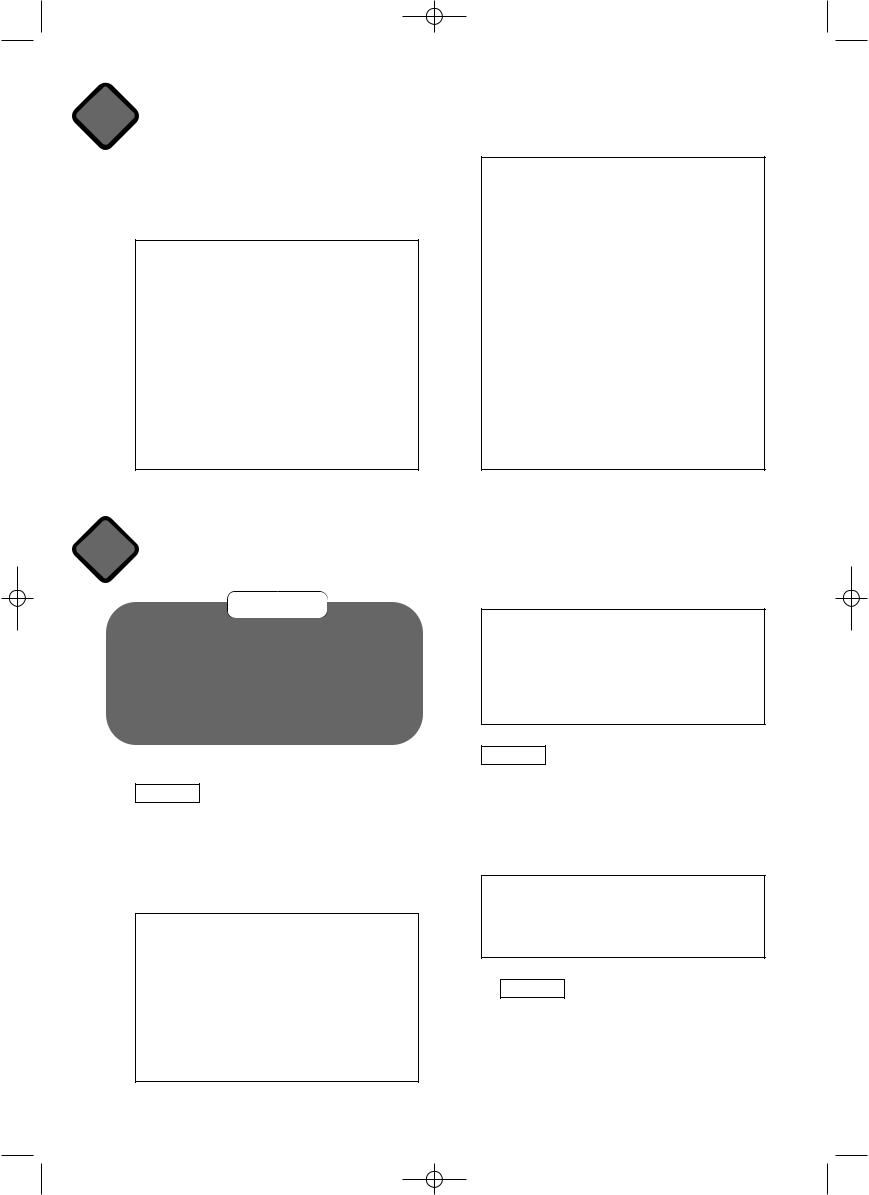
Spotlight 8 Mod 7 Ts 09-09-09 17:09 Page 126
7 |
Culture Corner |
Allow Ss time to collect information and write their articles. Alternatively, assign task as HW. Invite Ss to read their articles in class and ask for feedback.
Suggested Answer Key
M.V. Lomonosov Moscow State University
M.V. Lomonosov Moscow State University (MSU) is the largest university in Russia.
Students have been studying there since it was founded on January 25th, 1755. Even today January the 25th is celebrated as Student’s Day all over Russia. Originally located on Red Square, nowadays most of its faculties are situated on Sparrow Hills, in the southwest of Moscow.
MSU is a highly prestigious university. It’s students are proud to study there.
MSU has some very impressive buildings. The main building was the tallest building in Europe until 1988 and the central tower is believed to have a total of 33 kilometres of corridors and 5,000 rooms. The university’s facilities are superb and include a concert hall, a museum, a huge library, a swimming pool and a police station! The facade of the building is highly decorative thanks to the giant clocks, carvings and Soviet crests that you can see there. But perhaps most impressive of all is the star on top of the main tower ― it weights 12 tons!
In the early days MSU only had three faculties: philosophy, medicine and law. Today, it has a total of 29 faculties and 15 research centres and has 4, 000 teaching staff and 31, 000 students and 7, 000 postgraduates.
7 |
Across the Curriculum – ICT |
Objectives
related to computers and networks interpreting a diagram; reading for reading for specific information explaining the guidelines in computer
use; discussing the meaning of a quote listening for specific information
Describing pictures/introducing the topic of the text
ñRefer Ss to the pictures and questions in the rubric.
ñInvite Ss to describe pictures and answer questions in the rubric to the class and discuss.
Answer Key
Picture A is of an office. People are using their computers to do their work.
Picture B shows two people having a meeting somewhere. They might be in a meeting room or in a café. I think the man is using his computer to access some information.
Picture C shows some teenagers at school. I think they are doing some school work.
Picture D shows some people in an Internet café. They are probably checking their emails. Picture E shows someone beside a cash register. I think she is in the accounts office of a shop. She is using the computer to check the sales for the day.
2Focus Interpreting a diagram/reading for
confirmation
ñRefer Ss to the diagram in the text.
ñElicit answers to the question in the rubric.
ñHave Ss check their answers by reading the first sentence of the text.
Answer Key
A computer network is a group of computers, software, and hardware that are all connected to help the users work together.
3 a) Focus Understanding vocabulary
ñHave Ss complete task individually.
ñSs compare answers with a partner and check.
126
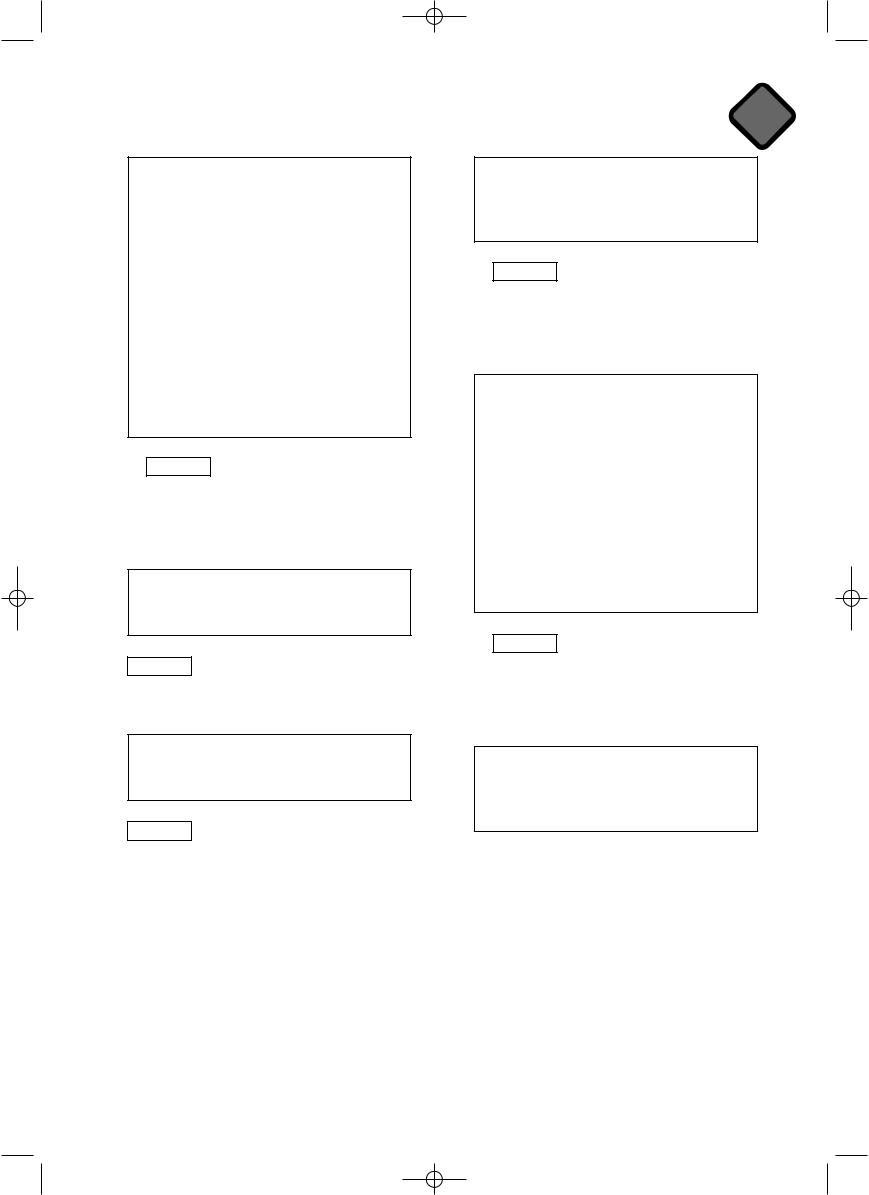
Spotlight 8 Mod 7 Ts 09-09-09 17:09 Page 127
Across the Curriculum – ICT |
7 |
Answer Key
a Information ― data
b computer programs ― software
ccopying someone else’s work and saying it is yours ― plagiarism
da network of electrical wires ― cabling systems
e secret entry codes ― passwords
fmany people use the same data and materials ― share files and resources
g harmful programs that destroy information in a computer system ― computer viruses
hmachines and devices a computer uses ― hardware
b)Focus Reading/listening for specific
information
ñHave Ss read and listen to the text and find out how the words in Ex. 3a are related.
ñElicit answer in class and discuss.
Answer Key
The words are all things to consider when using a computer network.
4Focus Reading for specific information
ñHave Ss complete task individually.
ñSs compare answers with a partner and check.
Answer Key |
|
|
|
|
|
|
1 |
T |
3 |
T |
5 |
F |
7 T |
2 |
F |
4 |
F |
6 |
F |
|
5Focus Understanding vocabulary/reading
for specific information
ñHave Ss complete task individually.
ñInvite Ss to read out answers in class and check.
Answer Key |
|
|
|
1 |
handle |
4 |
consequences |
2 |
responsible |
5 |
install |
3 |
unethical |
6 |
procedures |
6Focus Understanding/talking
guidelines in computer network use
ñHave Ss review the guideline in the text.
ñInvite Ss to tell the class computer network use and discuss.
Suggested Answer Key
When using a computer network you responsible and think about other users. You should use it only to help you with your studies and make sure you follow safety procedures to protect the network from computer viruses. You should not share computer passwords, nor should you overuse online connection time or printers. You should never use it for anything illegal, unethical or dishonest and you shouldn’t install any software without permission. Last but not least, you shouldn’t plagiarise copyrighted material.
7Focus Understanding the meaning of a
quote
ñRefer Ss to the quote.
ñInvite Ss to tell what they think the meaning is and discuss.
Answer Key
Science is knowledge we study, while wisdom is knowledge gained over a lifetime by learning from our experiences.
127

Spotlight 8 Mod 7 Ts 09-09-09 17:09 Page 128
7 |
Progress Check |
Progress Check 7 and Look at Module 8 should be done in one lesson.
Answer Key |
|
|
|
4 |
1 |
up |
|
3 |
away |
5 |
out |
||
1 |
1 |
extension |
5 |
headlines |
9 |
impact |
2 |
back |
|
4 |
away |
|
|
|
|
|
|
|
|
|
|||||||
|
2 |
timetable |
6 |
media |
10 |
grapevine |
1 |
to |
|
3 |
from |
5 |
from |
|
3 |
download |
7 |
connect |
|
5 |
|
||||||
|
|
|
2 |
for |
|
4 |
about |
|
|
||||
|
4 |
newsreader |
8 |
certificate |
|
|
|
|
|
||||
|
|
|
|
|
|
|
|
|
|
||||
2 |
1 |
paperclip |
4 |
playground |
|
6 1 |
c |
2 e |
|
3 d |
4 a |
5 b |
|
|
|
|
|
|
|
|
|
|
|||||
|
2 |
keyboard |
5 |
daylight |
|
|
|
|
|
|
|
|
|
|
3 |
blackboard |
|
|
|
|
|
|
|
|
|
|
|
3 |
1 |
need |
5 |
might |
9 |
needn’t |
|
|
|
|
|
|
|
|
2 |
don’t have to |
6 |
Could |
10 |
can’t |
|
|
|
|
|
|
|
|
3 |
must |
7 |
should |
|
|
|
|
|
|
|
|
|
|
4 |
May |
8 |
mustn’t |
|
|
|
|
|
|
|
|
|
128
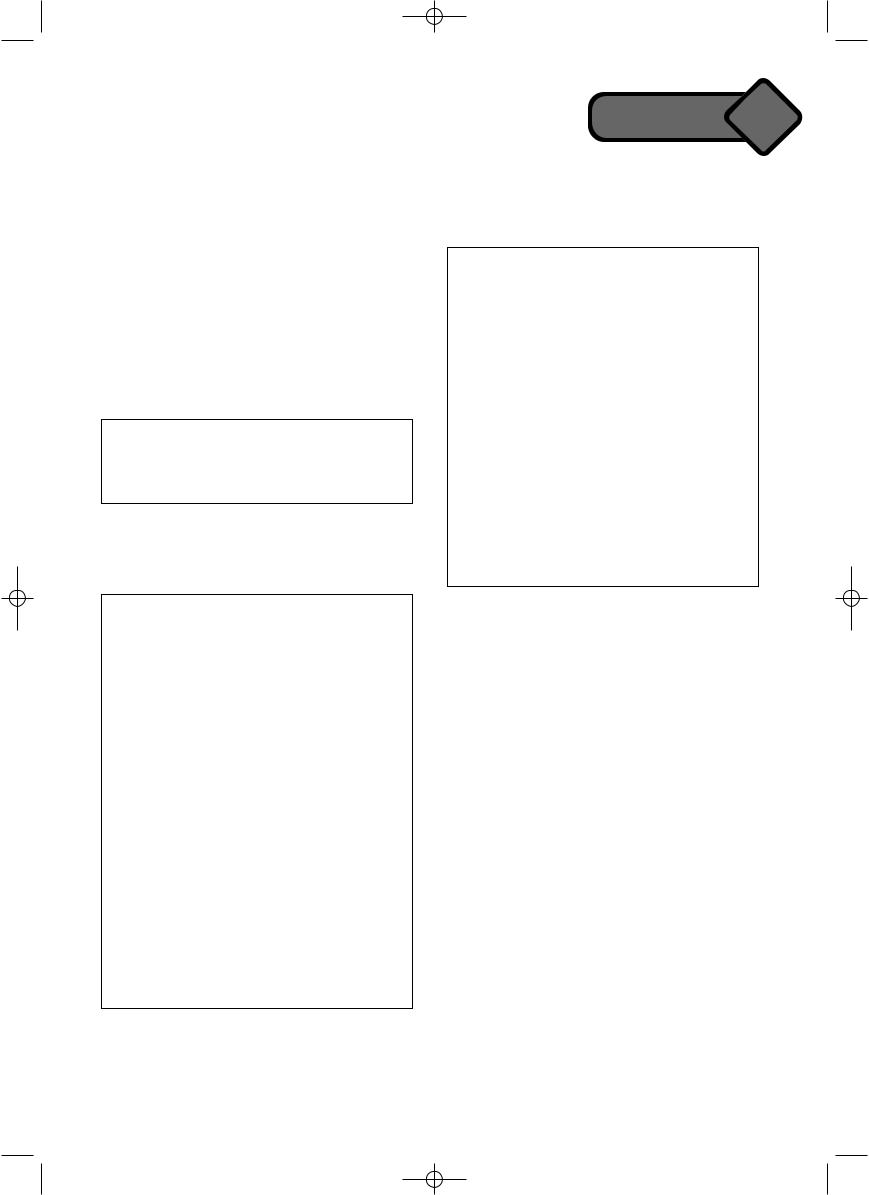
Spotlight 8 Mod 8 Ts 09-09-09 17:10 Page 129
Pastimes
Before you start …
ñWork through the questions with the class, asking follow up questions to encourage Ss to expand on their answers as much as possible. e.g. What forms of media do you use? For what purpose? Would you like to go to university? Where? What would you like to study?
ñMake sure Ss understand this section and use the prompts to recycle vocabulary seen in Module 7.
Look at Module 8
Refer Ss to the title of module, Pastimes and invite them to suggest what they think it means and what they expect to learn from the module.
Suggested Answer Key
The title refers to activities we do in our free time such as sports and hobbies. I think we will learn about these activities and things related to them.
Ask Ss to look through the module and find the page numbers for each of the pictures. Ask questions to stimulate a discussion about them.
Suggested Answer Key
Focus Ss’ attention on pic 1 (p. 124).
T: What page is picture 1 from?
S1: It’s from page 124. It’s a man throwing a stick. T: What is he doing?
S2: He is an athlete and is competing in a competition.
T: What is the name of the sport he is doing? S3: I think it’s called Javelin.
T: Do you like to play sports? Which ones?
Pic 2 (p. 128)
What is this a picture of? Why is he holding the cup? Have you ever won a prize or medal in a competition? How did you feel?
Pic 3 (p. 123)
What is going on in the picture? Is this a sport? Why do you think someone would do this? Are there any unusual sports or activities that you participate in?
Pic 4 (p. 131)
What is this a picture of? What kinds of interest do you have? Do you belong to any clubs? Why do people join interest clubs?
Module 8
Find the page number(s) for…
Allow Ss time to browse through the module and find the items. Ask them to explain what each item is and elicit simple information about each of them.
Suggested Answer Key
A school noticeboard (p. 125)
What are the notices about? Why do schools have them? Do you read the noticeboard in your school? For what information?
An application form (p. 130)
What is this application form for? What kind of information do such forms ask for? When do we fill out applications?
An advert (p. 130)
What does the advert advertise? What information does it give? Where do we find adverts like this? Would you answer this advert? Why or why not?
An email (p. 131)
When do we send emails? What kind of information does this email contain? Have you ever requested information by email? For what reasons do you send and receive email?
Go through the rest of the sections with your Ss and point out that by the end of the module they will know how to perform the tasks listed.
Explain that the module has:
Explain that the module has:
―a Listening and Speaking section
―a Culture Corner
―a Going Green section
―an English in use section
Ask Ss to look at the relevant pages and elicit what each section is about.
Listen, read and talk about …/Learn how to …/ Practise …/Write/Make …
As described in the relevant section in Module 1.
129
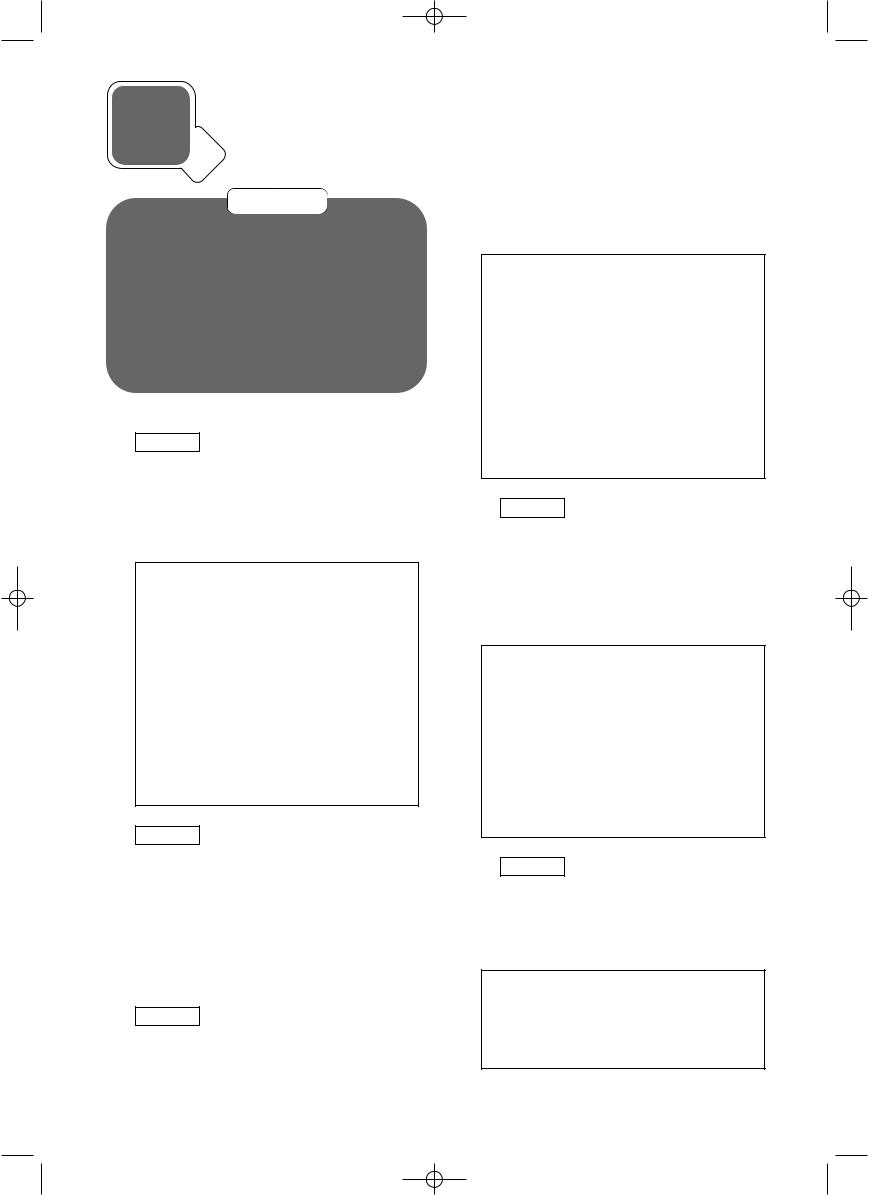
Spotlight 8 Mod 8 Ts 09-09-09 17:10 Page 130
8 Reading & Vocabulary
Reading & Vocabulary
Objectives
Vocabulary: different types of interests Reading: reading for confirmation; reading for specific information; scanning for specific information
Speaking: discussing our interests; describing a sport activity
Listening: listening for confirmation
Writing: making notes on the text; writing about your favourite activity
Reading
1Focus Introducing the topic of the
text/reading and listening for confirmation.
ñRefer Ss to the list of activities and elicit which of them they see in the pictures
ñHave Ss listen and read the text to learn what these activities involve.
Answer Key
I can see pictures of sand boarding, zorbing, ice climbing and underwater hockey.
You can sandboard anywhere where there’s sand. It’s like snowboarding.
To zorb you strap yourself inside a ball and roll down a hill. You need a plastic ball called a zorb.
To go ice climbing you swing an axe above you and pull yourself up the ice. You need a lot of strength.
Underwater hockey is played at the bottom of a pool, under water.
2 Focus Reading for specific information
ñAllow Ss time to write any new vocabulary in their notebooks.
Answer Key
moving very fast ― whizz hits ― bumps and knocks hooked ― addicted fasten ― strapped
rival ― opposing team competitors ― entrants slip ― slide
jump ― bounce strange ― bizarre
turning over many times ― rolling started ― originated
4 a) Focus Scanning the text for specific
information
ñRefer Ss to the list of words in the rubric.
ñHave Ss scan text for words and why they are mentioned.
ñInvite Ss to read out answers in class and check.
Answer Key
1 Sandboarding is similar to snowboarding.
2 New Zealand is where zorbing first started.
3 Paul Lynch has climbed up frozen waterfalls.
4It was in the Alps that Paul Lynch fell in love with the mountains.
5Splashing is just about all you can see of underwater hockey from outside the pool.
ñRead through questions in rubric and check for understanding.
ñHave Ss read text again and answer questions.
Answer Key |
|
|
|
|
|
|
1 |
A, C |
3 |
D, A |
5 |
A |
7 D |
2 |
C |
4 |
D |
6 |
B, D |
|
|
|
|
|
|
|
|
3Focus Understanding new vocabulary
ñHave Ss match the meanings to the highlighted words in the text.
ñElicit the words in Ss’ own L1.
b)Focus Discussing the topic of the text.
ñRead rubric with Ss and check for understanding.
ñSs write their sentences and read them to a partner.
Suggested Answer Key
Someone might want to do an unusual sport to try something different. They could be bored of the usual sports and want a challenge. They often are seeking adventure and excitement.
130
